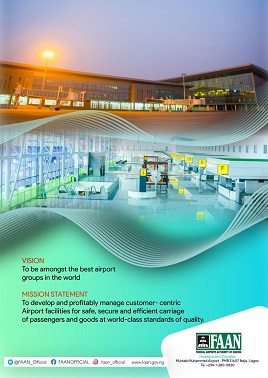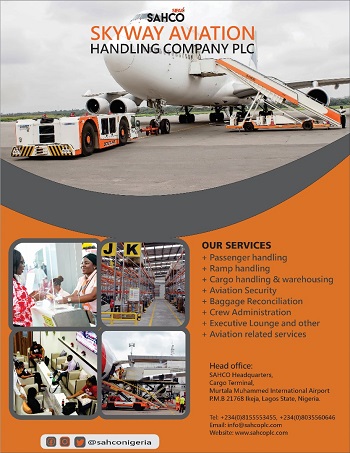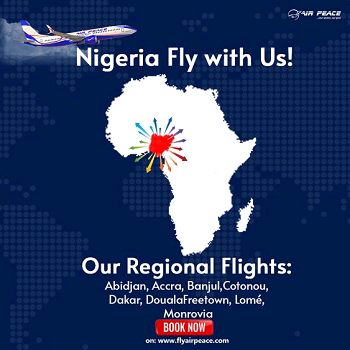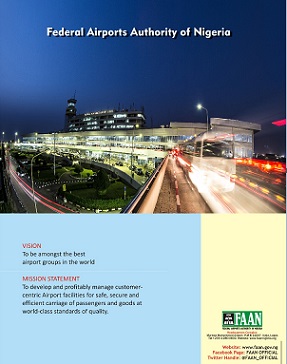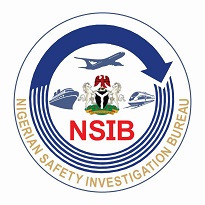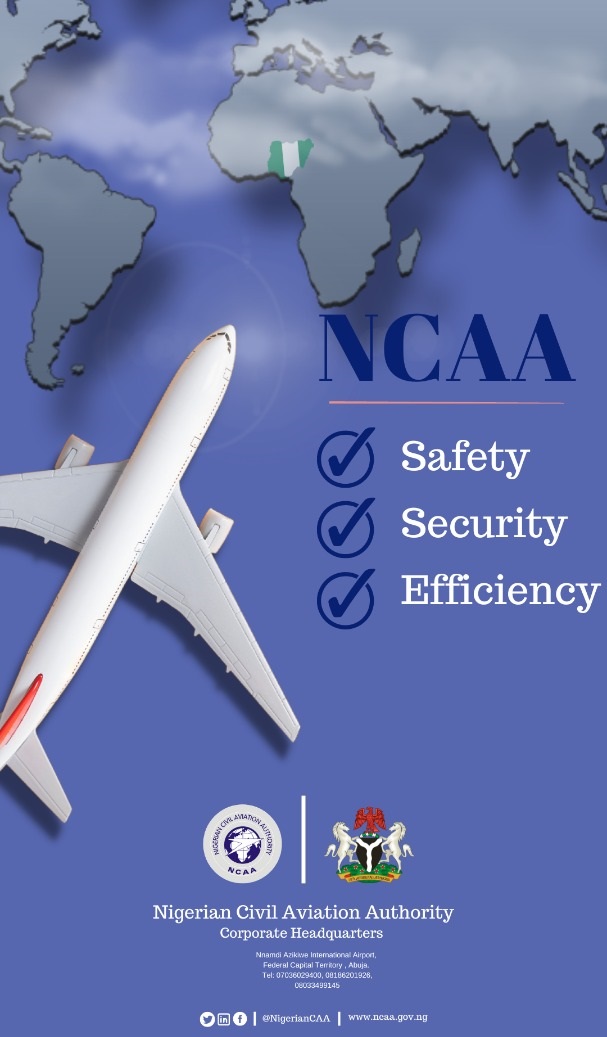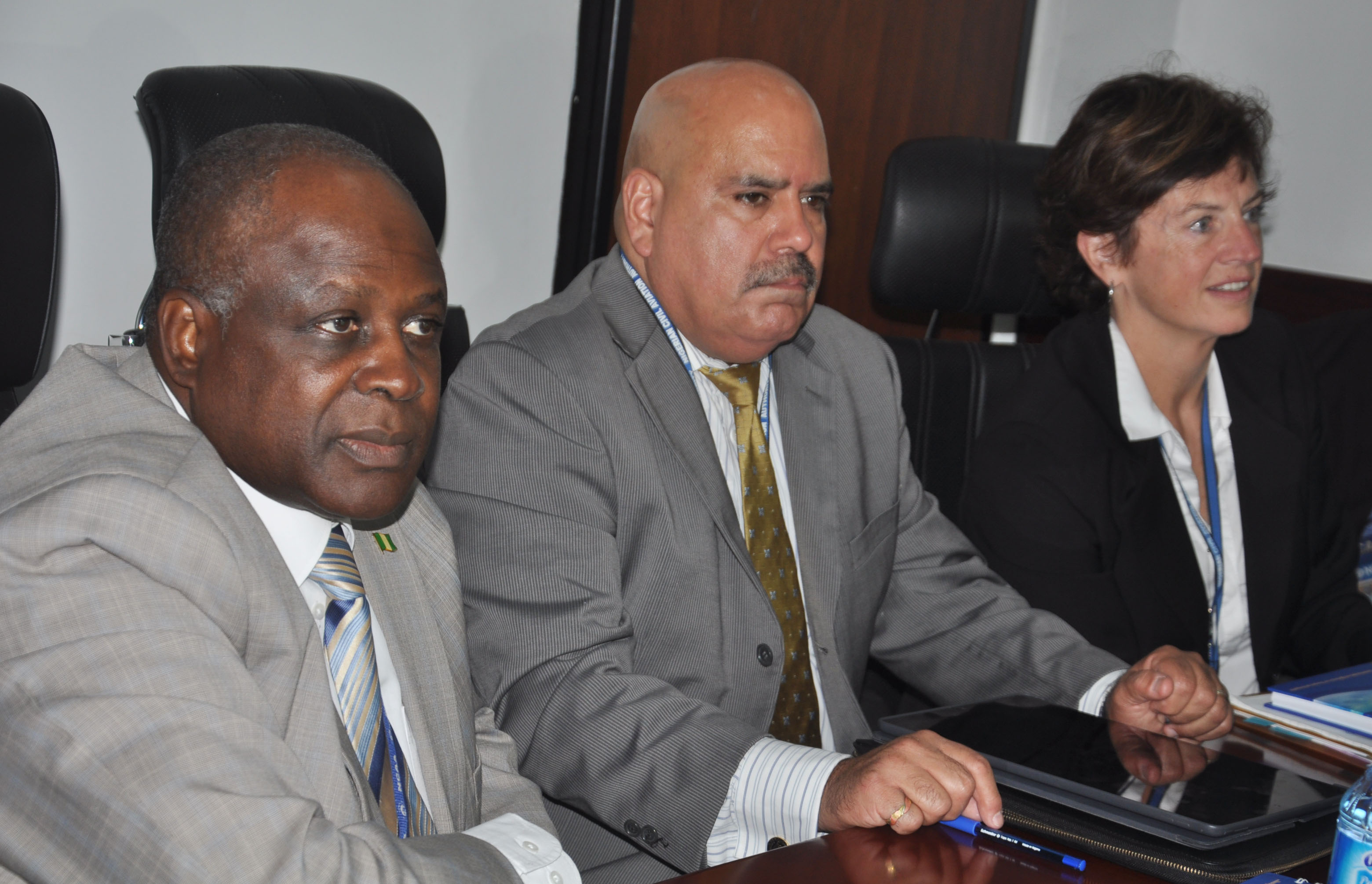
… Downgrades FirstNation to non schedule
As the United States Federal Aviation Administration (FAA) team begins International Aviation Safety Assessment (IASA) of Nigeria’s aviation industry today, the Director General of the Nigerian Civil Aviation Authority(NCAA), Capt. Usman Muhtar has stated that the agency was fully ready for the audit and retention of its Category One (CAT I) status.
Muhtar also disclosed that one of the nation’s domestic airlines, Firstnation Airways, has changed. its Air worthiness from scheduled airline to non scheduled operator.
It would be recalled that Firstnation Airways was recently fined N33.5 million for violation of safety regulations.
The NCAA Director General stated this while briefing Aviation Correspondents on the FAA audit that starts today at the regulatory body’s headquarter, Aviation House, Murtala Muhammed Airport (MMA) ,Lagos.
He said that NCAA was not only ready for the exercise but that it has done alot to ensure safety in the industry and that so much as been done in the areas of Personnel Licensing, international operations and airworthiness.
The four man team from FAA, he said would be in the country for five days, after which they would go back and make its reports.
Going back memory lane, Muhtar said that Nigeria first achieved FAA Category one in 2010 and that the country retained the feat in 2014, adding that hopefully Nigeria would retain it again.
According to him, “We got FAA Category 1 in 2010, retained it in 2014.We hope that with the efforts we have put in, we would be able to retain it this time around.”
The NCAA boss added that during the audit, the FAA team will visit one of the airlines at the instance of audit team.
He posited that NCAA has done a lot to see that sanctions are enforced when there are breaches in line with the civil aviation regulations.
The FAA team include: Louis Avez(Team Leader) International Technical Support,Benjamin Garrido-Frontline Manager,Airworthiness,Africa, Carribean,Middle East,South America, William Amos-Aviation Safety Inspector and LP Vanstory -Manager, International Affairs Branch
On the sanction imposed on Firstnation Airways,, Muhtar said, “I will still reconfirm to you that whatever sanction we imposed on any operator it’s inline with civil regulation and it’s not punitive, but corrective.
First nation was sanctioned, they appealed, the appeal was upheld. So, we are still working with them to pay the sanction. We don’t want to cripple any operations. If It is safety related, we will not waste time, but the payment is being worked out now.”
On why the airline was allowed to use one aircraft contrary to regulations, Muhtar said, “Yes, they use one aircraft and they were on scheduled services, but the present status now is that the certificate of airworthiness of the status has been changed to non-scheduled service, which is charter service. So, they are no longer into scheduled service until they are able to meet the requirement for scheduled service.”
It would be recalled that the NCAA had fined the airline and one of its pilots N32 million and N1.5 million respectively for violation of safety regulations in the industry in November 2016.
NCAA had accused the pilot of being in possession of an expired certificate, which it insisted violated safety rules.
The regulatory authority had also accused the pilot-in-command (PIC) of one of the two of the aircraft in the fleet of the company, an Airbus A319 aircraft, of flying without a current medical certificate, which is a serious offense in the global civil aviation industry.
Firstnation had filed an appeal following a letter of sanction written to the airline on January 23, 2017, which prompted the establishment of the appeal committee.
On Arik Air that suspended its operations to the United States after the takeover of the airline by Asset Management Corporation of Nigeria(AMCON) in February, Muhtar, stated that the airlne suspended its operations as a result of the re-organisation going on in the entity, adding that once Arik Air meets NCAA and FAA requirements, it would be allowed to begin operations.


